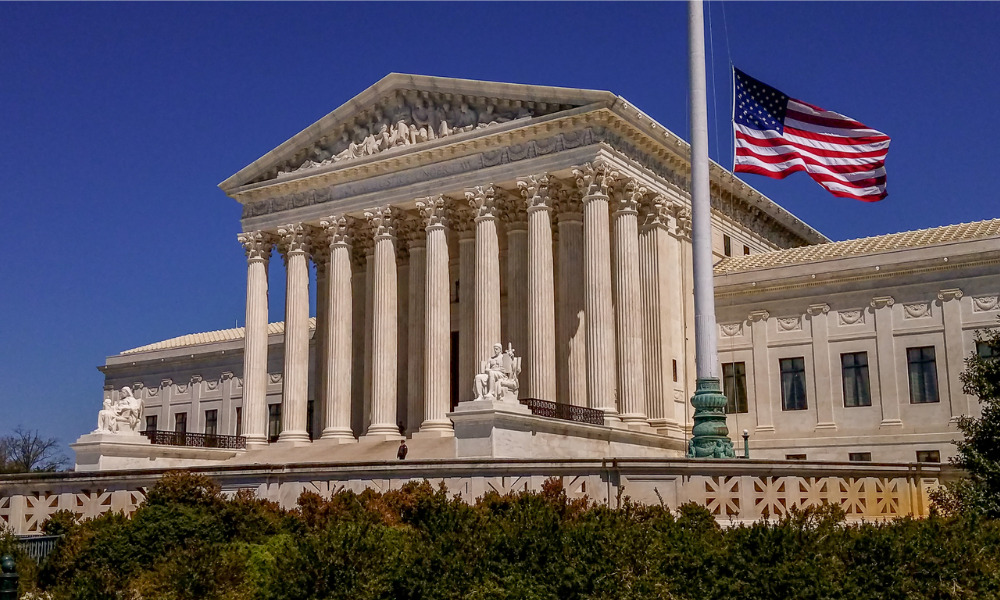
A quarter of the inmates at Elkton Federal Correction Institution had already tested positive for the virus

The US Supreme Court has rejected a request by the Federal Bureau of Prisons (BOP) that would have kept the inmates of Ohio prison Elkton Federal Correction Institution at high risk for contracting COVID-19.
In response to a suit filed by the American Civil Liberties Union (ACLU) of Ohio, Judge James Gwin, who presided over the matter at the US District Court for the Northern District of Ohio, had ordered a preliminary injunction on 22 April calling for the BOP to identify Elkton inmates who were particularly susceptible to COVID-19 due to age or underlying physical conditions. These inmates were to be either transferred to other prisons or released on parole, furlough, to home confinement and other appropriate measures.
The facility, which has the capacity to contain approximately 2,500 inmates, had experienced a significant outbreak of COVID-19, with one in four inmates testing positive. As of 26 May, nine people had died from the virus, making Elkton “one of the more deadly BOP-run prisons during this pandemic,” the ACLU said.
Gwin noted in his order that with the prison’s “dorm-style” layout, social distancing measures could not be implemented properly. Moreover, few tests were conducted at the facility.
On 19 May, he issued another order to enforce the 22 April injunction, as the efforts made by the BOP to reduce risks for the 837 inmates identified as medically vulnerable were limited. Tests were only conducted on Mondays and Tuesdays “despite the obvious need for rapid implementation of mass testing across the entire institution,” Gwin wrote. Moreover, as of 8 May, only five inmates were “pending [home confinement] community placement.”
The BOP filed a request to the Supreme Court to stay Gwin’s 22 April injunction. On 26 May, the court denied the BOP’s application on the grounds that the 19 May order was not brought up in the request.
“The government is seeking a stay only of the District Court’s April 22 preliminary injunction,” the court wrote. “The government has not sought review of or a stay of the May 19 order in the US Court of Appeals for the Sixth Circuit. Particularly in light of that procedural posture, the court declines to stay the District Court’s April 22 preliminary injunction without prejudice to the government seeking a new stay if circumstances warrant.”
The ACLU applauded the Supreme Court’s decision, which ACLU legal director David Cole said was a choice to affirm prisoners’ rights.
“We commend the court for choosing to reaffirm the rights of the people incarcerated at Elkton prison, for whom a prison sentence must not become a death sentence,” Cole said. “We must see more brave action from courts around the country to protect the lives of incarcerated people, staff who work in these facilities and the communities they return home to.”
“The federal government has attempted to stall and delay the release of medically-vulnerable individuals at every single turn. Today’s ruling confirms the urgent need to comply with Judge Gwin’s order and respond to the crisis in an efficient and expedient manner,” said David Carey, ACLU Ohio’s senior staff attorney.